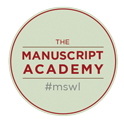Our faculty members are top agents, editors and authors–chosen for their kindness, brilliance, and creative teaching styles. We provide direct access to these professionals who give you the thought, time and care you deserve.
View Our Library
We offer world-class publishing instruction from the comfort of your home. Learn everything you would at a traditional conference, plus so much more.
Unlike traditional conferences, you simply need a computer, a tablet, or even your smartphone to log in and enjoy the very best instruction from some of the top minds in the literary community. Every Manuscript Academy program is designed give you the full educational and networking value of a traditional writing conference, but without the hassle of travel, paying for meals out, or arranging childcare.
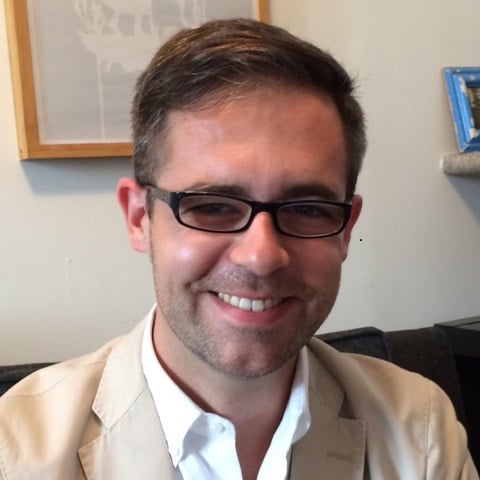
Great First Lines: John Cusick, Vice President of Folio Literary Management
Using examples from young adult fiction, literature, pop culture, film, and television, this presentation explores the craft of startling, intriguing, and unforgettable openings. Discover how to capture and hold a reader’s— or agent’s or editor’s— attention, interest, and excitement from word one! This is a must for anyone looking to write and sell a breakout novel.
In this presentation, instructor John Cusick uses his unique expertise as both an agent and author, to explore the power of opening lines to establish a relationship with the reader, create a strong first impression, and even encapsulate the whole of a story and theme in a single sentence or paragraph. In this difficult and competitive market, an arresting opening line can mean the difference between a book deal and a slush pile. Learn to stand out with John’s artistic and industry know-how.
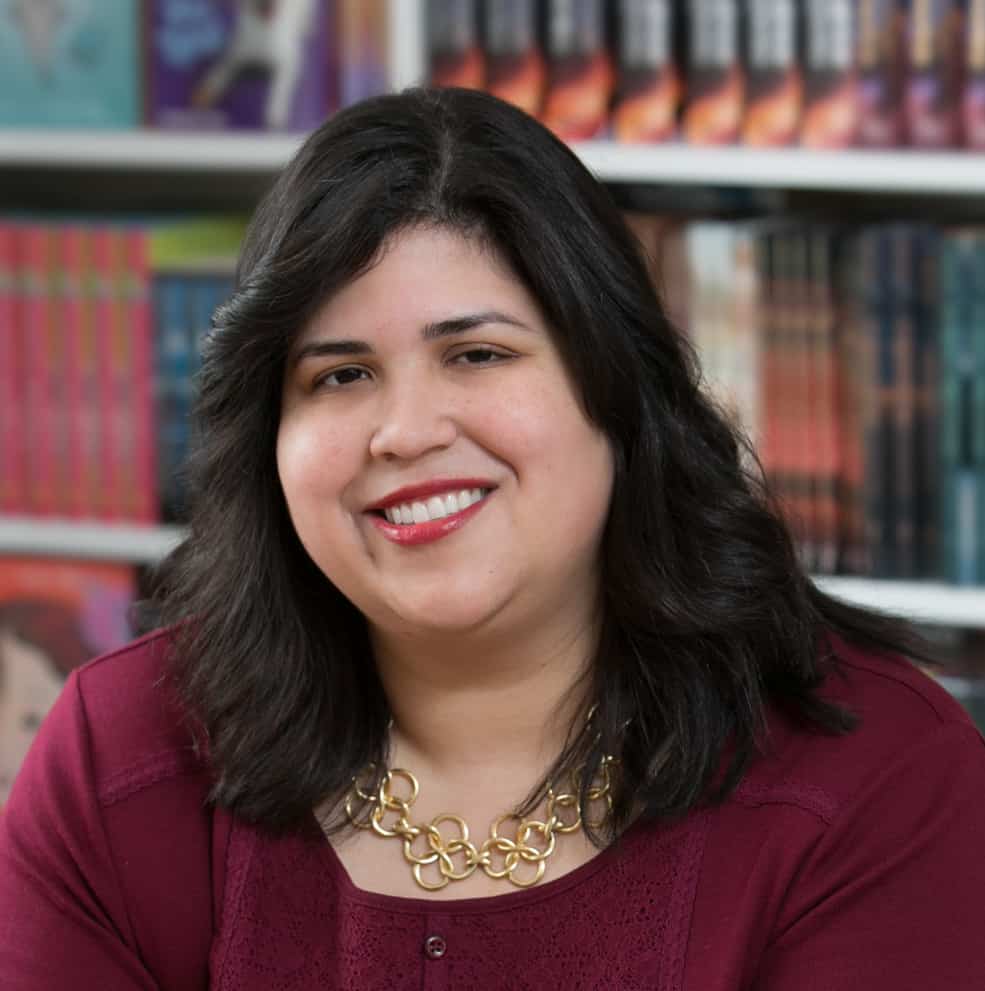
Writing A Manuscript That Gets and Keeps Everyone’s Attention — Linda Camacho (Prospect Agency)
Manuscripts are vetted at so many levels. They pass from the eyes of agents to editors to marketing to sales, and while there are some variables outside of the writer’s control, craft is not one of them. In the end, publishing folks seek the same thing: A good story. In this workshop, we’ll talk about several key story fundamentals that not only grab an agent or editor’s attention, but that of the acquisitions board as well.
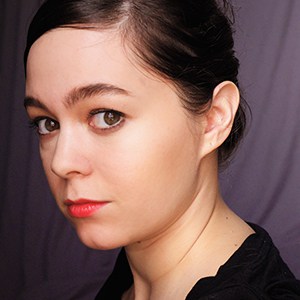
Structure, Characters & Narrative Beats–Hannah Fergesen, KT Literary
When we talk about structure, we’re talking about the narrative framework of your story. The bones of the house. The foundation upon which those bones rest. Without these, you have no house. You wouldn’t try to put a roof or hang drywall on, well, nothing, right? If you’re missing a support beam, the house becomes lopsided and ultimately collapses. Well, it’s the same with story.
Though genre does usually determine conventions, or, some of the building blocks with which a story is built, no matter your story, there is a core structural framework.
In this class, we’ll learn the rules and how to break them, the math behind the mystery, the formulae that support unique stories.
With Hannah’s background in film, you’ll learn how these two mediums together show the hidden workings of stories, whether you notice them or not–and how to make them work so YOUR book maintains tension, momentum, and keeps an agent reading. This class also comes with a live Q&A from Hannah.
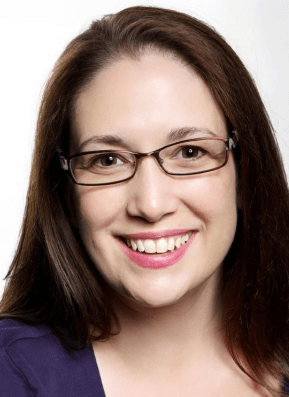
Writing Villains Readers Love To Hate — Stacey Graham, Red Sofa Literary
Who’s your favorite villain? Caroline Bingley? Mrs. Danvers? Evil queens? The bad guy (or girl) is necessary to promote conflict and move the story forward so why are they often one of the least-developed characters? We’ll explore wickedness in literature and if these characters are just misunderstood or really nasty. Learn why every hero needs a dark spot and how writers can move past stereotypical bullies in their manuscripts and flesh out what makes them diabolical in this fun and fast-paced workshop!
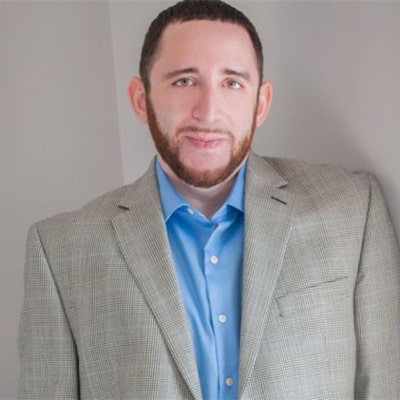
How To Edit a Bestselling (Romance) Novel — Lane Heymont, The Tobias Agency
In writing, they say ‘kill your darlings’. Well, learn how to edit your novel to death. You will learn how to turn you first draft into a finished product to submit to agents and editors. See what all the bestsellers have in common, and finally nail down your meet-cute!
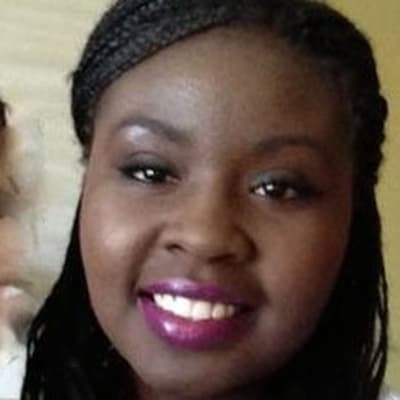
#OwnVoices: How To Write What You Know for a Commercial Audience — Quressa Robinson, Nelson Literary Agency
In #OwnVoices–How to Write What You Know for a Commercial Audience, we will briefly discuss the changing landscape of creative media overall–Insecure, Luke Cage, Jessica Jones, Pitch, Queen Sugar, In the Country We Love, and Jane the Virgin on the TV side of things. But will specifically focus on trade publishing, which can often feel slow to adapt to developing demographics. A closer look at some select titles from ownvoices authors–The Sympathizer, Everything I Never Told You, The Mothers, Behold the Dreamers, Everything, Everything, The Hate You Give, American Street, Homegoing, The Wangs VS. The World, You Can’t Touch My Hair–will help us further evaluate what an ownvoices author needs to successfully reach a wide commercial audience and breakout of niche categories based on race or sexual orientation.
Some questions to consider:
- What do these stories have in common?
- What sets them apart?
- How has each author developed their platform?
- How did the publisher/agent/editor position the title for librarians, booksellers, and readers?
- Were all the titles successful? In what ways?
- How were they able to find their audience?
- What can you do to maintain the authenticity of your story and voice, while striving to reach a wide audience?
- How can you position yourself to agents/editors to overcome unconscious biases?
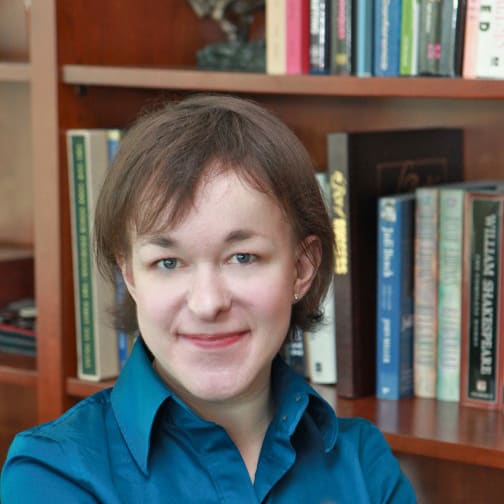
Worldbuilding 101 — Roseanne Wells, Jennifer Di Chiara Literary Agency
Ever received feedback on your work that said “I didn’t connect with the world”? Perhaps you’re not sure if your fantasy story is believable? Worldbuilding–for fantasy, magical realism, and even contemporary–can be hard to define, but it’s essential to support any narrative. Taught by a literary agent who seeks immersive and detailed worlds, this session will discuss what worldbuilding is, how character and worldbuilding help each other, and a breakdown of the elements of worldbuilding.
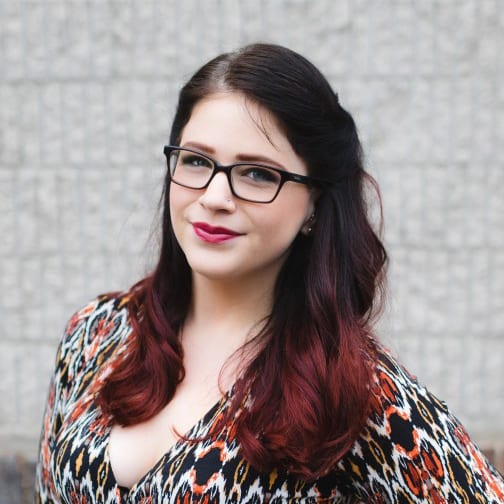
Character, POV, and The All-Important Voice — Laura Zats, Headwater Literary
In fiction, a solid, engaging voice is the hardest thing to nail down. The reason why a book’s voice might fail is very often linked to one issue: a lack of connectivity between a character and the space they occupy (both their body and the world around them). The good news is that there’s a fairly simple solution to this problem: deepening POV. This class will focus on some simple self-editing techniques you can use to deepen your book’s POV without rewriting entire chapters.
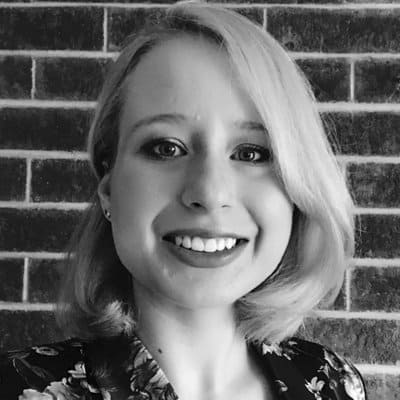
Voice In A Manuscript–Stephanie Winter, P.S. Literary
One of the most important skills for a writer to have is the ability to craft clear and strong voices in their manuscript. Sounding inauthentic or unrealistic can be the difference between a pass or an offer of representation. In this class, we’ll target common mishaps and approach creating strong narratives on three levels: dialogue, prose, and characters.
As a result of attending this session, attendees will gain valuable tips and expert advice on writing realistic and engaging dialogue that is both informative and essential.
You’ll leave the class with the tools to self-edit your characters in order to render more believable and captivating voices.

Finding The Funny In Your Manuscript–Jilly Gagnon, Author of #Famous
Jilly Gagnon is a comedy writer, young adult novelist, and essayist. In the past her work has appeared in Newsweek, Elle, Vanity Fair, and McSweeney’s Internet Tendency, among others. Since graduating from Harvard in 2006, she has been living in the Boston area, but she’ll always be a Minnesotan at heart.
In this class, Jilly shows you how to find the humor in your work, regardless of genre. With tips, tricks, examples, and lots of laughter, you’ll find yourself learning exactly how to delight your readers–and keep them reading.
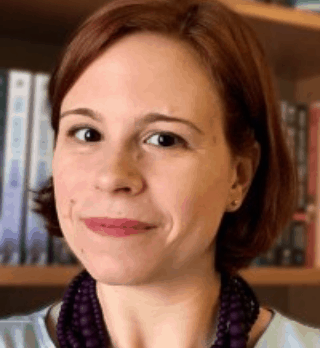
How To Pitch Your Book Like A Publicist–Rachel Ekstrom Courage, Folio Literary Management
It’s easy to assume that all agents are tired, burnt out, and cynical about your queries–but the truth is, if you approach them correctly, they’ll be (almost) as excited about your book as you are.
Using tricks from her years as a book publicist, literary agent Rachel Ekstrom Courage (Folio Literary Management) talks you through how to share the right information to get requests, not rejections.
Plus, she goes through an early query for the now-published The Coincidence of Coconut Cake to show you, step-by-step, how to implement her advice–and how the right text can carry you not just toward a relationship with an agent, but a successful career.
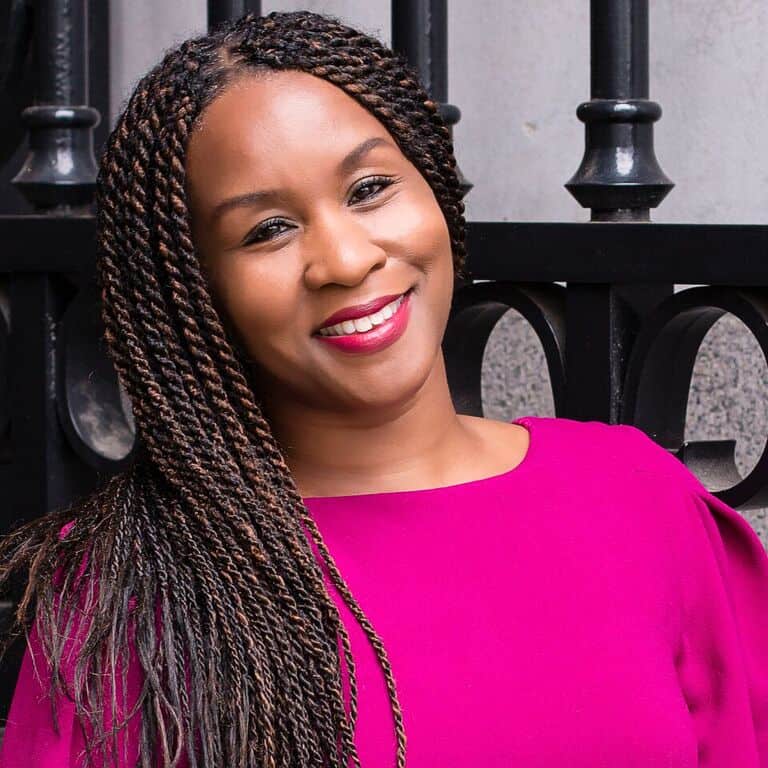
Platform, Publishing & Publicity In Your Pajamas–Dawn Michelle Hardy, Agent & Creator of Dream Relations
You may have heard about platform—you know, that thing that sets your work (whether fiction or nonfiction) apart from all the other projects in the slush. Maybe you’re intimidated, maybe you think it’s only for celebrities—but in this class, you’ll learn how to give your work that edge without a huge amount of time, money, or even leaving your couch.
Dawn Michelle Hardy is a literary agent and publicist on a mission to help authors build the business foundations of their creative careers.
Join us to learn how to make YOUR work stand out.
